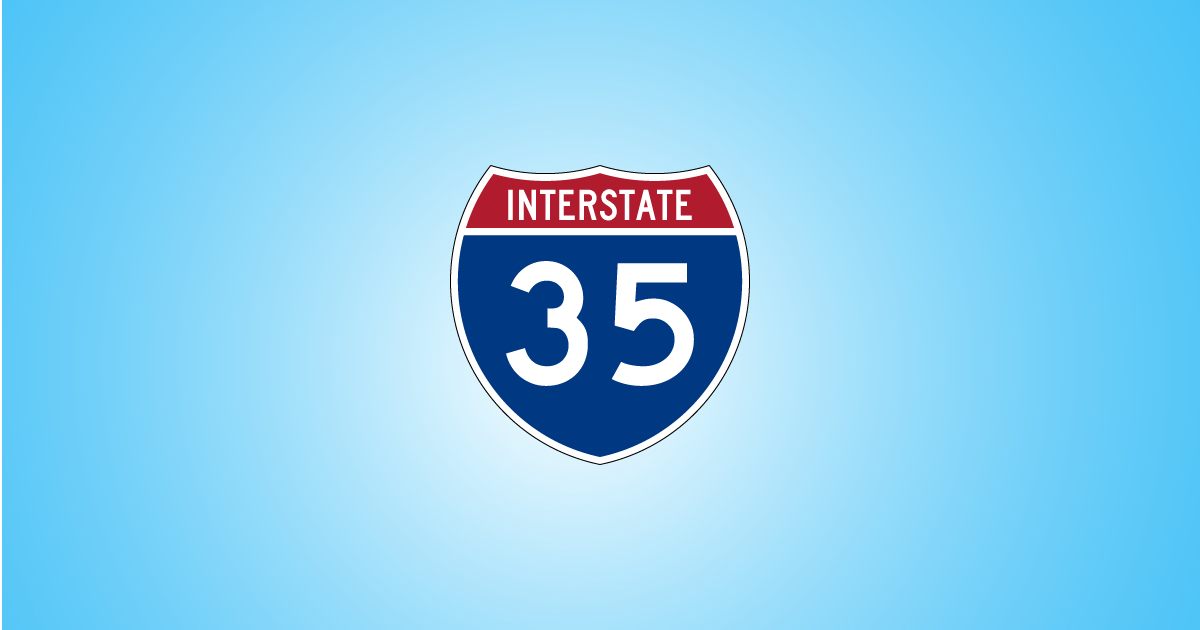Last week, the Texas Signal ran a deep dive into the Texas Department of Transportation’s (TxDOT) campaign to expand I-35 in Austin. Dubbed the I-35 Capital Express Central project, the $5 billion plan has come under intense scrutiny by local lawmakers and community advocates, who argue that widening the highway’s footprint is an outdated undertaking that won’t solve the congested stretch’s infamous traffic. Even more, they say, doing so would exacerbate the city’s affordability issues and run in direct opposition to efforts to bolster its public transit system through a 2020 $7.1 billion bond.
If carried out, this plan would destroy 150 homes and businesses, increase reliance on cars on the heels of a damning 2021 UN climate report, and be a catastrophic waste of state funds, Austin Mayor Pro Tem Natasha Harper-Madison said on a recent episode of the SignalCast. There are alternative community-drawn proposals that would limit the highway’s existing footprint, of course — including downsizing it to an urban boulevard or even incorporating communal green spaces — but the state has shown little interest in entertaining them so far. That’s why Harper-Madison and other capital city officials are asking people to share their thoughts with TxDOT, which has an open comment period available through Sept. 24.
“There are a lot of people who don’t understand opposition to this highway project. I think they somehow see it inherently as a point of progress and a point of relief for congestion. But TxDOT has already said it won’t do that. I’ll tell you what it does do, though: It will spur disproportionately negative outcomes [for affordability and equity], where many people won’t have easy access to transit,” she said. “The I-35 project needs to happen. We need to do something about the freeway. But the final plan really needs to be no higher, no wider than what we have now. It has to reflect our community’s values when we’re talking about mobility and safety and carbon emissions and really reconnecting our fractured city. We can’t have a highway plan that doesn’t complement, but rather competes with, historic light rail and bus investments.”
If you’re worried about skyrocketing costs of living, accessing better transportation options, or combating climate change, now is the time to speak up, Harper-Madison said. Because the best way to reimagine transportation and cityscapes not just in Austin, but across the state, is to send a resounding message to TxDOT that people don’t want out-of-touch highway expansion plans. They want innovative, forward-thinking strategies that build a better future for generations to come.
“We have to step back and view this not just as an effort to expand a highway, but instead understand that it will impact so many core aspects of our city’s future,” Harper-Madison said. “This is one of those multigenerational projects — the kind that shapes lives for years to come. Helping break cyclical poverty, avoiding the worst outcomes of climate change … It’s all right here, if we do it right. That’s why we’ve got to make a careful, informed, and thoughtful decision.”
To share your feedback about TxDOT’s I-35 Capital Express Project, click here. To view the City of Austin’s key priorities (for instance, creating an infrastructure for healthier lifestyles and more connected communities) and how they tie into transportation, click here.





